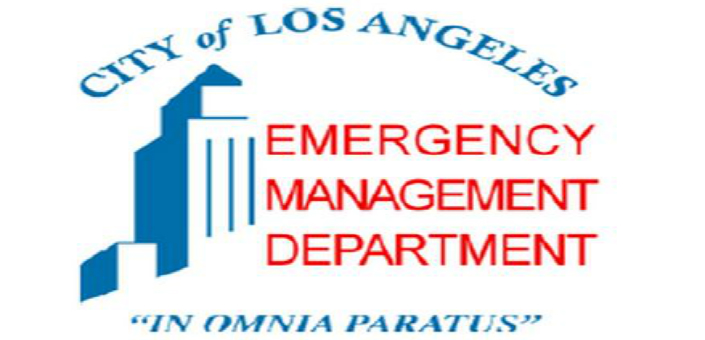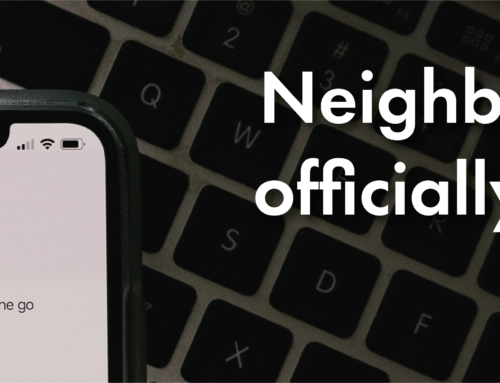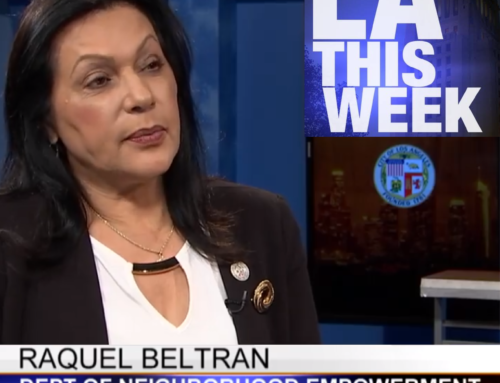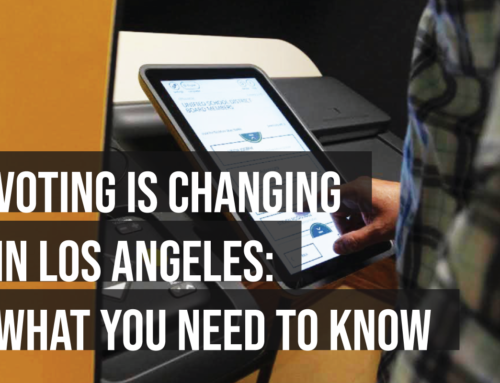In collaboration with Councilman Tom LaBonge and Mitch Englander, this month’s Emergency Management Department (EMD) bulletin discusses earthquake preparedness for older adults.
Seniors, especially those with medical issues and/or limited mobility, can be especially vulnerable should an earthquake strike. It is recommended that senior citizens create a personal support network made up of several individuals who will check in on them in an emergency. This network can consist of friends, roommates, family members, relatives, personal attendants, co-workers and neighbors.
It is also important that seniors place extra emphasis on specialized items for their emergency kit, including extra batteries for wheelchairs, hearing aids or other devices; oxygen; catheters and other daily medical supplies; medication; food, medication and supplies for service animals; durable medical equipment; extra canes or walkers; and any other items they might need.
Items to discuss and implement with a personal support network include:
• Making arrangements for your support network to immediately check on you after a disaster
• Exchanging keys and showing individuals where you keep your emergency supplies
• Sharing copies of your emergency documents, evacuation plans, and emergency health information
• Agreeing on and practicing methods for contacting each other in an emergency
• Notifying each other when you are going out of town and when you will return
When constructing an emergency supply kit, seniors should also pay special attention to medications and medical supplies that they may need for daily use:
• Make sure to have enough medication to last a week, maybe longer
• Try to obtain an emergency supply of prescription medications or consumable medical supplies
• Be sure to always fill prescriptions on the first day you become eligible for a refill
• Keep written copies of your prescriptions, over-the-counter medications, and orders for medical equipment, including dosage, treatment and allergy information in your emergency kit
• Talk to service providers about their emergency plans and work with them to identify back-up service providers and incorporate them into your personal support network
• Consider other personal needs such as eyeglasses, hearing aids and hearing aid batteries, wheelchair batteries, oxygen and other items you use on a daily basis
Lastly, seniors should consider the documentation they are including in an emergency kit:
• Include copies of important documents in your emergency supply kits such as family records, medical records, wills, deeds, social security number, charge and bank accounts information and tax records
• Have copies of your medical insurance and Medicare cards readily available, include doctors, therapists and other medical providers contact information
• Keep a list of the style and serial number of medical devices or other life-sustaining devices and where/how they were obtained. Include operating information and instructions
• Make sure that a friend or family member has copies of these documents
• Include the names and contact information of your support network and emergency contact.
• If you have a communication disability, make sure your emergency information notes the best way to communicate with you, or write out information on index cards that can be provided to first responders.
• Keep these documents in a waterproof container for quick and easy access, consider using a USB drive to maintain all documents in electronic format.
For more information about emergency preparedness, visit the EMD website.






